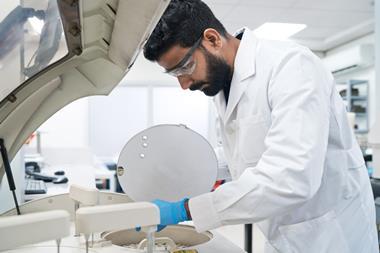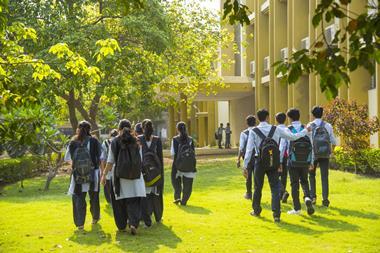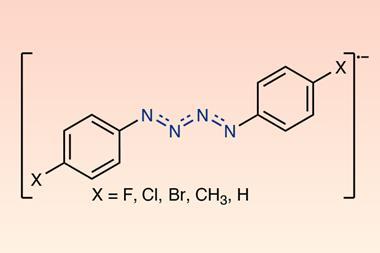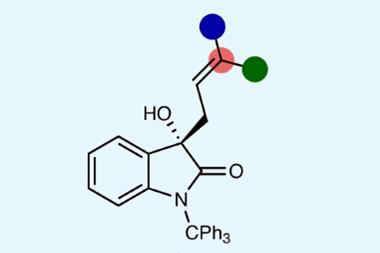India has approved its One Nation One Subscription (ONOS) scheme that aims to transform access to academic resources. It will provide access to nearly 13,000 journals from 30 international publishers to over 6300 central and state government-run higher education and R&D institutions in the country starting on 1 January 2025.
The government has allotted INR60 billion (£555 million) to the scheme over the next three years which will also be used to create a digital access platform to be coordinated by the Information and Library Network (INFLIBNET). Publishers that have signed up include Springer Nature, Elsevier and the American Chemical Society.
In a press conference led by Ajay Kumar Sood, the government’s principal scientific adviser (PSA) highlighted that the One Nation scheme will improve access to academic resources. The first phase of ONOS is expected to increase the number of users of online journals, including students, faculty and researchers, from 5.7 million to 17.8 million. In the second phase ONOS will be expanded to private institutions via a public–private partnership.
‘We firmly believe in the power of equitable access to knowledge to drive societal progress and innovation,’ Venkatesh Sarvasiddhi, managing director, Springer Nature India, one of the publishers included in the scheme, told Chemistry World. ‘The ONOS initiative represents a positive step in democratising access to high-quality scientific literature and fostering a culture of research and discovery across India.’
Eldho Mathews, programme officer at the Kerala State Higher Education Council, highlighted the benefits of a centralised system. In the past, Indian universities had access to journals through INFLIBNET funded by the government. When the service was discontinued many universities were forced to take on individual subscriptions, creating a significant financial strain.‘The new system is substantially more economical than purchasing individual journal subscriptions for Indian academic and research institutions, offering a more streamlined and cost-effective approach to accessing scholarly literature,’ added Mathews.
However, Muthu Madhan, a visiting scholar at the DST Centre for Policy Research at the Indian Institute of Science, has a different take. He believes that ONOS may result in higher expenses while offering little value in return.
In an article, Madhan mentioned that negotiating with for-profit journal publishers, whether alone or as a group, usually ends in the publishers’ favour. ‘The justification for the cost increase [that]“more will have access” is unconvincing and merely echoes a flimsy reason used by publishers to defend higher fees,’ wrote Mandhan citing a statement made by Devika Madalli from INFLIBNET. Madalli explained that ONOS, while expanding access to scholarly articles, will not save the government money, adding that expenditure on journals would double.
ONOS was first proposed by former PSA K Vijay Raghavan in 2020. Rahul Siddharthan, a computational biologist who attended the 2019 meeting on ONOS organised by the former PSA, said that this initiative could benefit government and state organisations that can’t afford international publications. However, he pointed out that the 2024 ONOS announcement didn’t touch on article processing charges (APC) levied for publishing a paper in a journal. Siddharthan believes that addressing APCs should be a priority as they can create a significant barrier for Indian researchers seeking to publish in reputable journals. ‘Typically publishing is funded via your research grant,’ Siddharthan told Chemistry World. ‘And people in many fields don’t have research grants and, even if they do, it might not cover that cost in India. And these journals started off by saying they would waive these charges for those who can’t pay, but in practice they often refuse.’
In a 10 December press conference, the office of the PSA said discounts on APCs will be provided for Indian authors as far as possible.












No comments yet